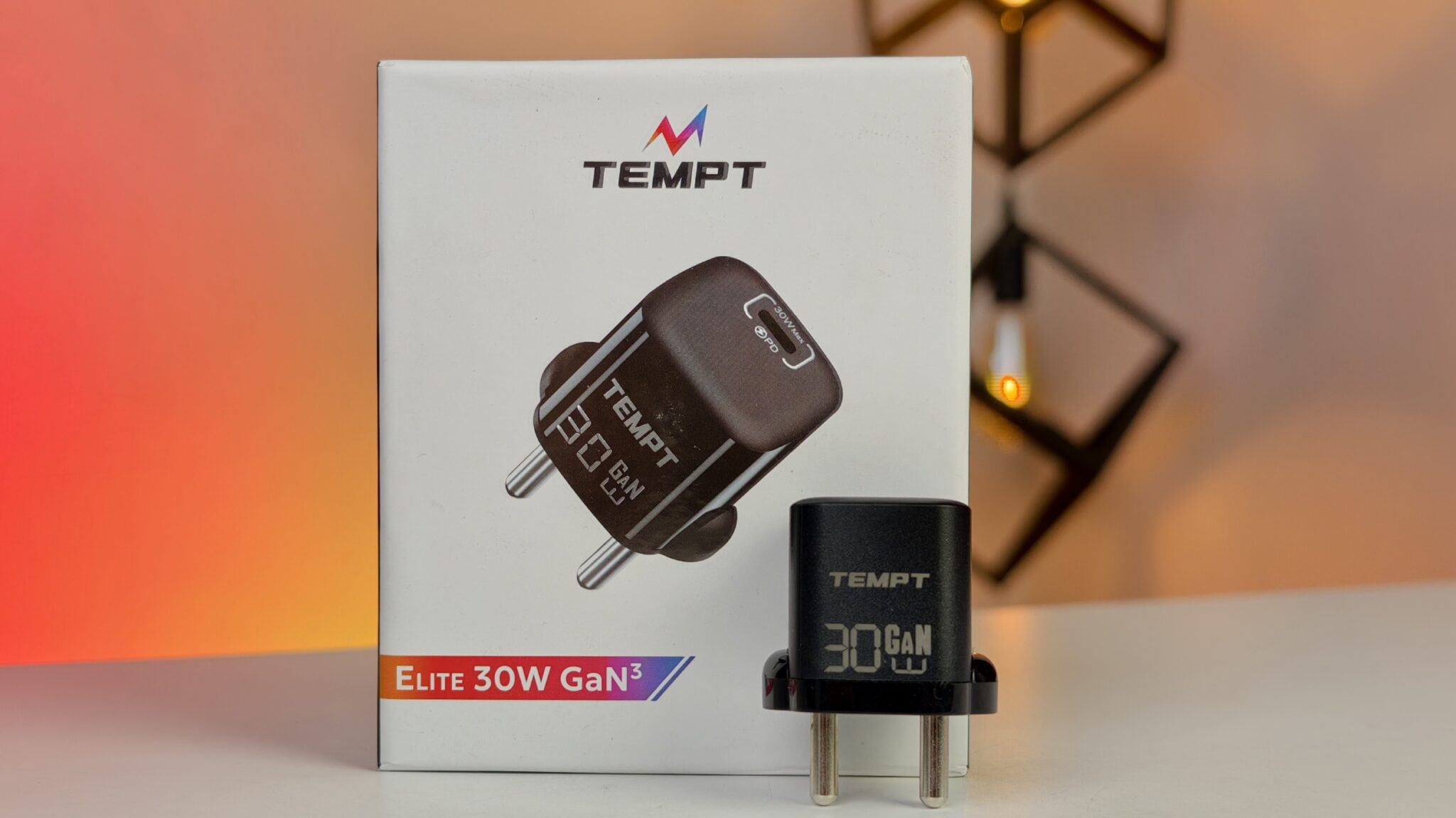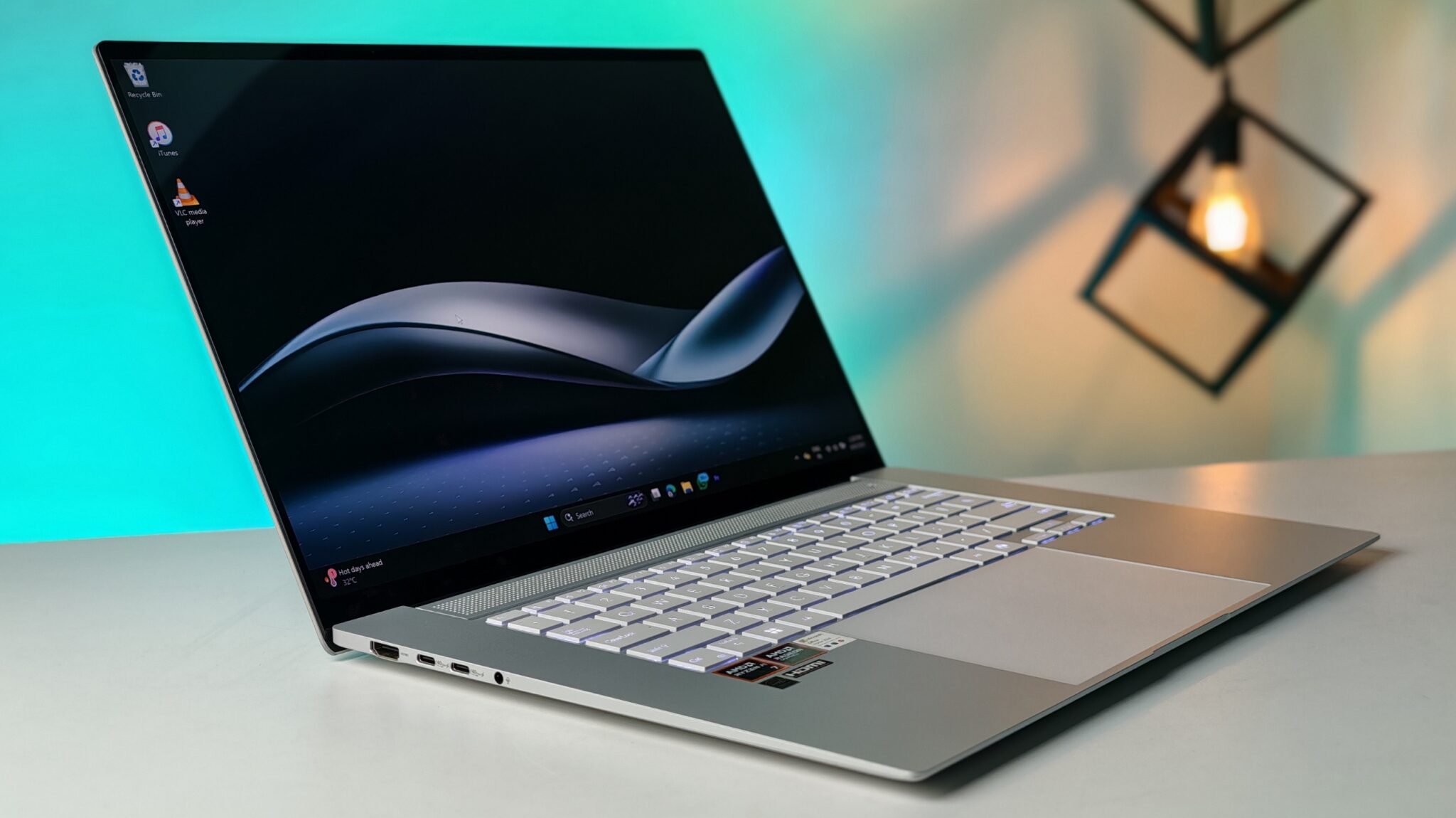Samsung Electronics is significantly ramping up its semiconductor hiring in India, a move that underscores its ambition to strengthen its global foothold in artificial intelligence (AI) chip design and high-performance computing (HPC). The South Korean tech giant now sees India not just as a supportive engineering base but as a vital global design center for advanced silicon. In essence, it’s aiming to tap deeper into India’s vast pool of semiconductor talent to build the next generation of chips that will power AI-driven technologies.
Key Takeaways
- Expanded R&D Hiring: Samsung Semiconductor India Research (SSIR) in Bengaluru has posted new openings across its main semiconductor divisions: System LSI, Memory, and Foundry.
- Specialized Roles: The hiring drive covers around 16 high-skill positions, including system-on-chip (SoC) design engineers, memory design engineers, SSD firmware developers, and graphics driver specialists.
- Focus on AI & HPC: These roles are heavily centered on advanced technologies such as system semiconductor integration, AI computation optimization, and high-performance memory design.
- Strategic Transformation: Samsung plans to elevate SSIR from a research support unit into a global core design hub for AI semiconductors.
- Alignment with National Goals: The expansion complements India’s Semicon India initiative, which focuses on building a self-reliant semiconductor ecosystem.
Focusing on Next-Generation Chip Design
The latest job openings roughly 16 in total focus on expertise that lies at the heart of future computing systems. Engineers are being recruited to work on System-on-Chip (SoC) designs, which essentially integrate all major computing components onto a single chip. There’s also a strong emphasis on roles tied to memory architecture, SSD firmware, and graphics driver development.
What’s particularly noteworthy is the emphasis on AI computation optimization. As AI workloads grow increasingly complex, the chips that power them need to become far more efficient. These engineers will be developing silicon that can handle the demanding training and inference processes behind large language models (LLMs), generative AI, and other data-intensive applications.
Samsung, already one of the world’s largest semiconductor producers alongside TSMC and Intel, seems to be positioning SSIR as a critical global node in this AI-first computing era. By doing so, it’s ensuring that much of the brainpower behind its next wave of chips comes from India—a region with a proven track record in chip design innovation.
Strategic Shift and Local Leadership
Many industry analysts view this expansion as part of a deliberate strategic pivot. Samsung is clearly leaning toward a localized, talent-driven R&D approach in India. Supporting this vision, the company recently appointed Rajesh Krishnan, a veteran in the memory sector, as the new head of SSIR. His leadership is expected to deepen the lab’s involvement in core global projects, signaling Samsung’s confidence in Indian engineers’ ability to drive key design breakthroughs.
India’s position in the global semiconductor landscape has been strengthening for years. The country now contributes an estimated 20% of the world’s semiconductor design engineers. With strong policy backing through government programs like Semicon India, the environment is increasingly favorable for multinational corporations looking to expand R&D in high-value semiconductor areas.
The domestic semiconductor market itself is projected to hit $100 billion by 2030, fueled by rising electronics demand and a push for local manufacturing. Samsung’s decision aligns with a growing trend, companies such as Micron Technology Inc. are also bolstering their Indian operations to stay competitive in the global AI chip race.
By transforming its Bengaluru center into a core design powerhouse, Samsung is taking a long-term bet on India’s role in shaping the future of AI-ready semiconductors, perhaps one of the most defining technologies of our time.
Related FAQs
Q. What is Samsung Semiconductor India Research (SSIR)?
A. SSIR is the Research and Development (R&D) center for Samsung’s Device Solutions (DS) division in Bengaluru, India. It handles research across Memory, System LSI (Logic and SoC), and Foundry technologies for the company’s global semiconductor business.
Q. Why is AI Computation Optimization a key hiring area?
A. AI computation optimization involves designing chips and software to run artificial intelligence tasks, like machine learning and deep learning, faster and with less power. As AI is used in more devices and services, highly specialized and efficient chips are required.
Q. How does Samsung’s hiring align with the Indian government’s plans?
A. The hiring aligns with the Indian government’s Semicon India program. This initiative offers incentives and support to attract global semiconductor firms to invest in India, aiming to build a strong domestic ecosystem for chip design, manufacturing, and packaging.
Q. What is a System-on-Chip (SoC) design engineer?
A. A System-on-Chip (SoC) design engineer is a specialist who designs integrated circuits that combine various computing components, such as a central processing unit (CPU), memory, and input/output controllers, onto a single chip. These chips are the brains of modern electronic devices like smartphones and smart TVs.
Q. What other global tech companies are investing in chip design talent in India?
A. In addition to Samsung, other major global semiconductor and technology firms such as Micron Technology, AMD, and Qualcomm have been increasing their R&D and design activities in India to utilize the nation’s engineering talent pool.


















